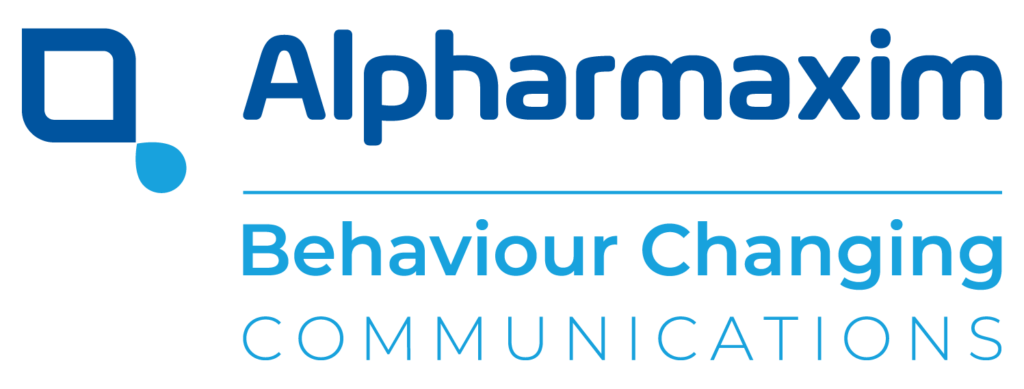Challenges in rare diseases:
Misplaced treatment expectations
Challenges to find the right treatment (if any):
- Limited number of effective treatments
- Lack of meaningful, real-world evidence or clear treatment guidelines
- Treatment may only target symptoms, not cure
95% of rare conditions have no licensed treatment in the UK1
Access
Treatments may be available but not accessible:
- Reimbursement challenges for treatments that are considered too costly compared with perceived value of treatment
- Challenging treatment regimens for patients
- Limited access to treatment centres or specialists
Demonstration of real-life benefits
Reservations around initiating or continuing therapy:
- Lack of real-world evidence on patient outcomes and improved quality of life
- Concern for potential therapeutic side effects, leading to lower patient satisfaction compared with no treatment
- No perceived benefit after treatment commencement
- Perception of patient being ‘cured’ or no longer needing expensive ongoing treatment
References
1. Slade A, Isa F, Kyte D, et al. Patient reported outcome measures in rare diseases: a narrative review. Orphanet J Rare Dis 2018;13(1):61





